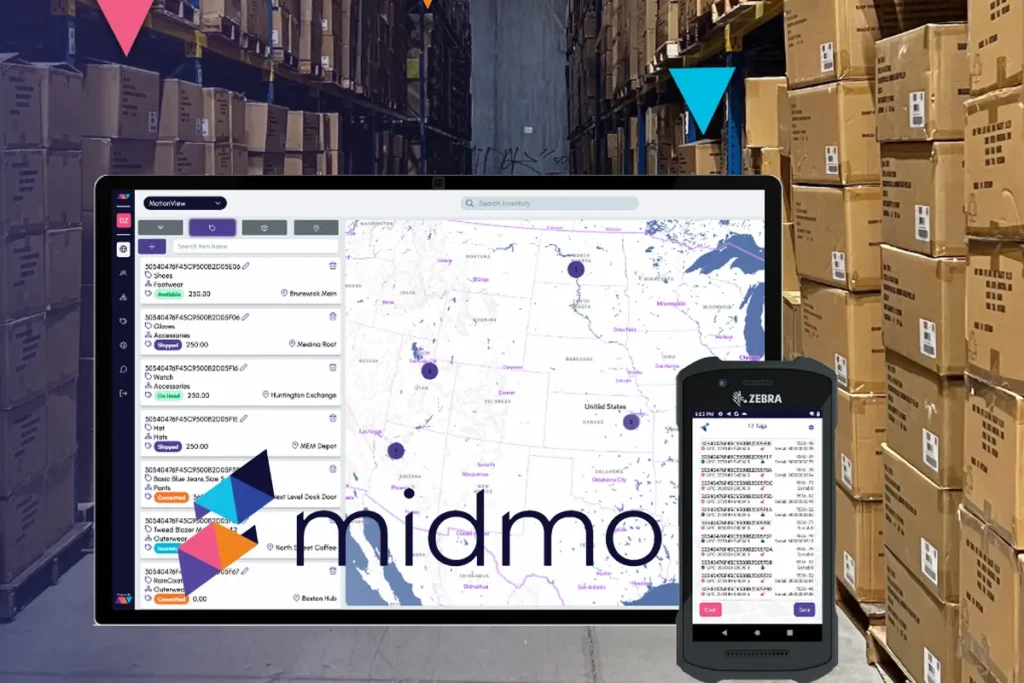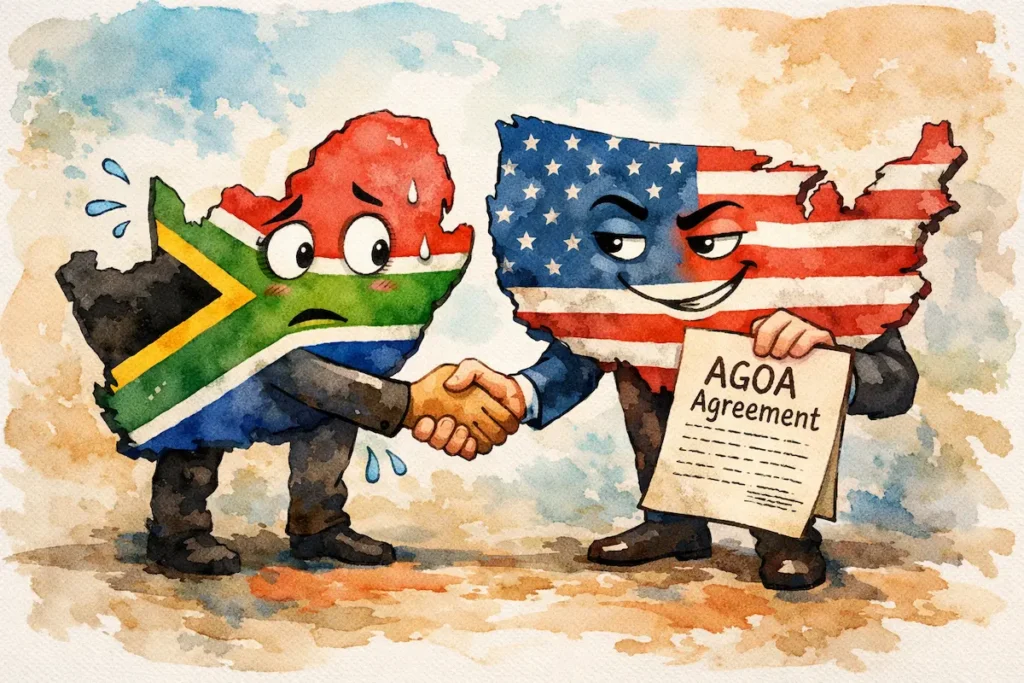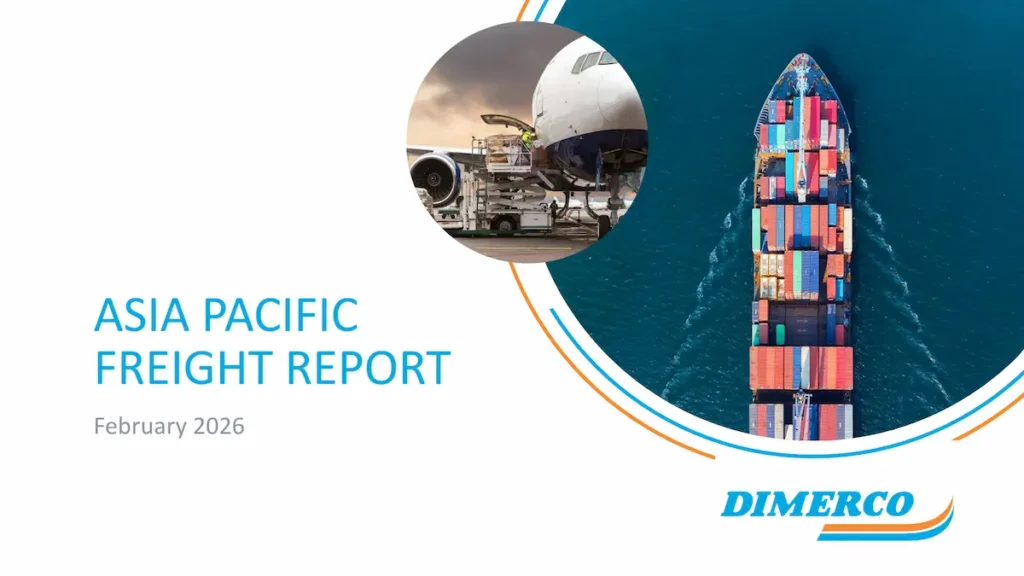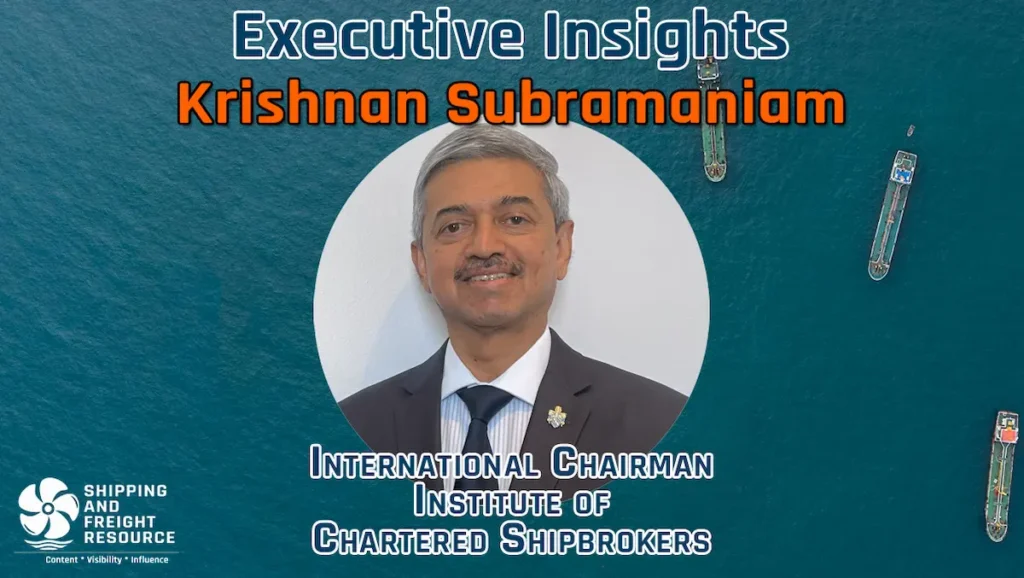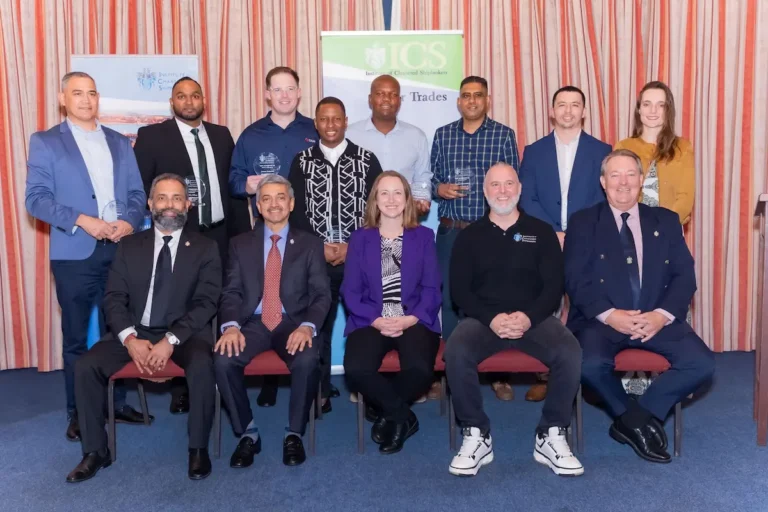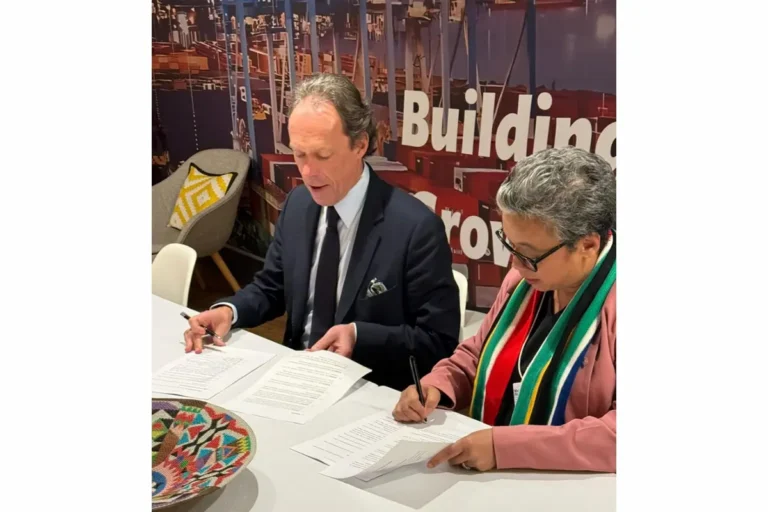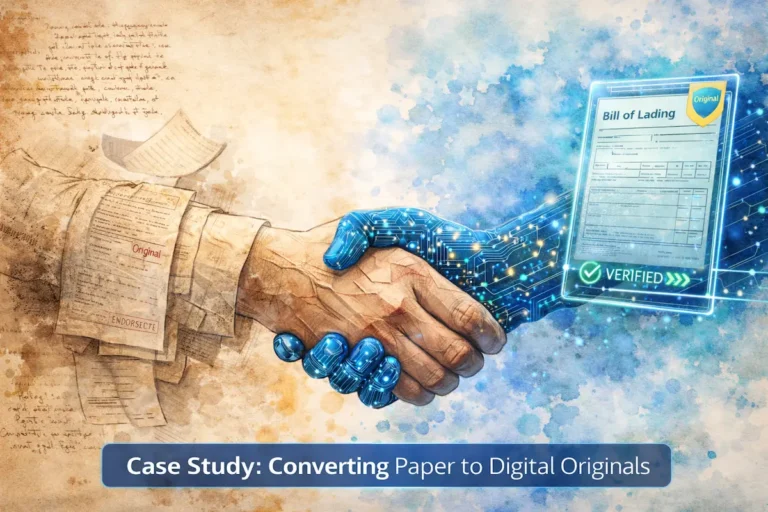Efforts to digitally transform the maritime and shipping industry are being carried out earnestly around the world with several organisations pushing for it.. These efforts are not restricted to the container shipping industry alone but are also very active in the bulk sector..
BIMCO is the world’s largest private international shipowners’ association facilitating trade since 1905 with a membership covering around 65% of the world’s tonnage consisting of a global shipping community of over 2,000 members in 130 countries..
Shipping and Freight Resource caught up with Grant Hunter, Director of Standards, Innovation & Research @ BIMCO as part of the Executive Insights series to discuss the status of digital transformation in the bulk sector and the focus that BIMCO and its members have placed on it..
BIMCO & Digitalization
A major focus area for BIMCO has been digitalization, aiming to help members benefit from digital transformation by raising awareness and educating the industry..
“We’re very much focused on regulating the shipping industry, helping the daily operations of our members,” said Grant. “One of the key areas we’re increasingly looking at is digitalization and how we can help our membership through our digital transformation.”
BIMCO has been quite active in raising awareness and educating not only their members but also the wider industry about digitalization and acting to clear some of the obstacles that remain in this aspect..
Grant clarified a common misconception about digitalization.. Digitalization is different from digitization which refers to converting documents into electronic formats like PDFs by scanning and other means..
Digitalization delves deeper into the actual data within these documents and does not simply make an electronic replica of them..
An electronic bill of lading (eBL) for example encompasses not only the digital representation but also the data’s value, rights, and responsibilities..
“What we’re looking at is the data contained within these documents, not simply making an electronic replica of them,” Grant noted. “The electronic bill of lading is a clear example because it is a document that not only evidences a contract of carriage and a receipt for the goods on board but also a document of title,” added Grant..
Success Stories: The 25 by 25 Campaign
One of BIMCO’s notable initiatives is the 25 by 25 campaign, with some of their members committing to moving 25% of their annual trade volume using electronic bills of lading by 2025..
The campaign has seen significant success, particularly with major mining companies like BHP, Rio Tinto, Vale, and Anglo-American already shifting 25.1% of their annual iron ore trade volume to China using eBLs.. This demonstrates the feasibility and benefits of digitalization in reducing reliance on letters of indemnity and mitigating legal and commercial risks..
“We’ve been working very closely with a number of shippers, ship owners, and other stakeholders, and we’re very pleased that even one year into this campaign, we’ve already achieved quite some considerable success,” said Grant..
“Now these four companies alone shipped 70% of China’s imports of iron ore every year, so it’s a significant volume of cargo,” added Grant..
Tackling Interoperability Challenges
Interoperability has been said to be a key aspect in achieving more adoption of electronic bills of lading..
In Grant’s view, while there is a notion that without interoperability we can’t move forward and everything must come to a standstill, the 25×25 example has proven that while current systems can function without full interoperability, achieving it will streamline processes further..
“Interoperability will simply make all of this much easier to do in the future,” he said. “The only way these things are achieved is through collaborating, working together with all of the stakeholders.”
BIMCO is part of the FIT Alliance, collaborating with various stakeholders to find solutions and push for broader industry adoption.. The goal is to see practical interoperability solutions within months, which will simplify the use of multiple platforms for electronic transactions..
Standardization and Security
BIMCO has developed electronic bill of lading standards for the bulk shipping industry, ensuring that digital standards match traditional paper standards.. These standards facilitate the development of APIs and connectivity, crucial for integrating eBLs into existing systems..
Security and data privacy are also paramount, with electronic systems offering robust protections compared to the vulnerabilities of paper-based systems.. “When you weigh up the risks of using electronic bills of lading, you’ve got to compare it to the system we’re using at the moment, the paper-based system,” Grant explained.. “The risks in the paper world are enormous. It’s so exposed to the risk of fraud.”
Way forward in Bulk Trades
Grant highlights the ongoing efforts to expand digitalization campaigns beyond iron ore to other commodities and sectors. BIMCO and the FIT Alliance are dedicated to supporting the industry with publications, education, and practical guidelines to make informed decisions about digital transformation.
“We’ll be reaching out to see if we can encompass commodities other than iron ore as well,” Grant stated.. “We just wanted to demonstrate some good news to the industry that this is happening, and we are seeing movement.”
Conclusion
Grant’s closing message is clear: the digital transformation of maritime trade is happening now. The systems and infrastructure are in place, and the benefits are tangible.. He encourages industry stakeholders to be proactive, explore available resources, and join the movement toward a fully digitalized maritime industry..
“This is now the time to do it,” urges Grant.. “Don’t sit and wait for it to happen, just be a bit proactive and get on board now.”
View the full recording of Executive Insights with Grant Hunter..



